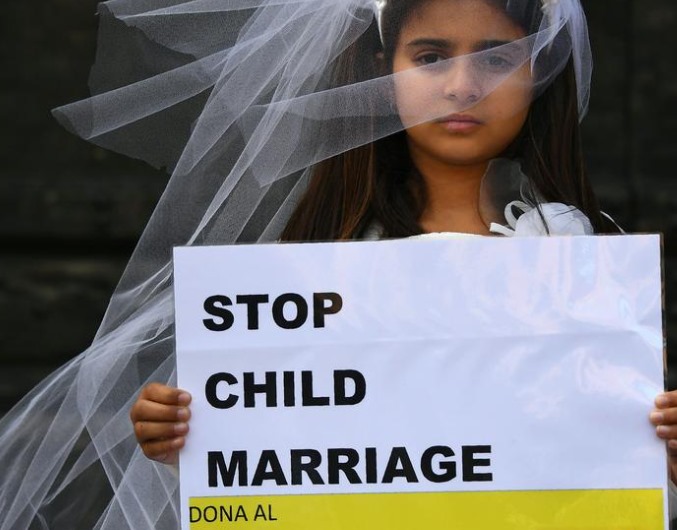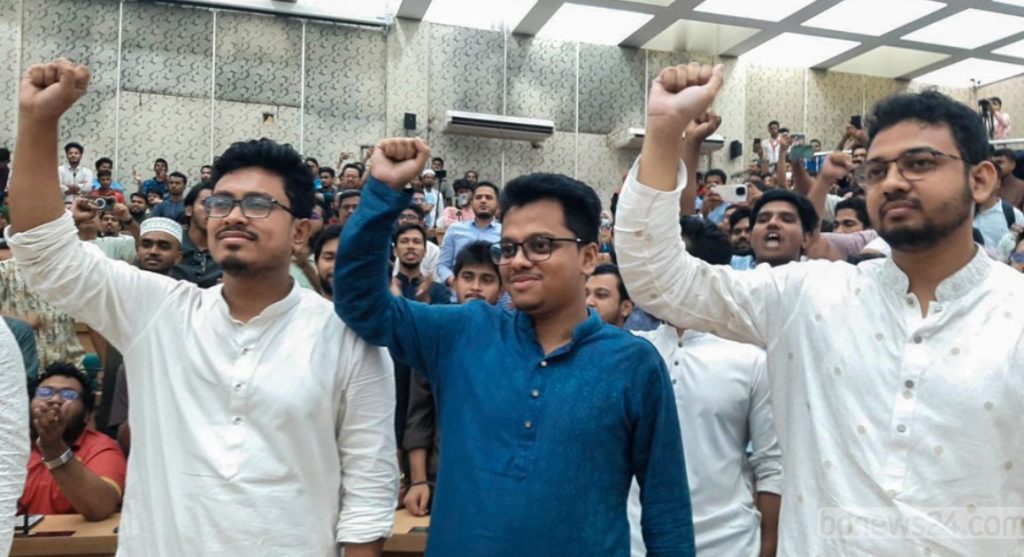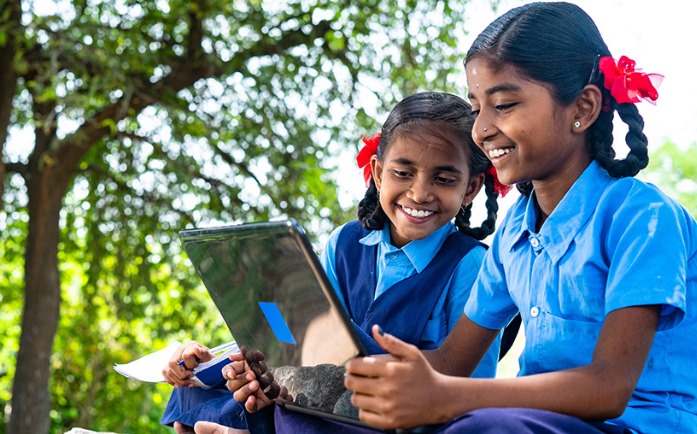Early Marriage: A Harmful Social Practice
Early marriage, also known as child marriage, is a serious social issue where individuals, especially girls, are married before the age of 18. This practice is still common in many developing countries due to poverty, lack of education, traditional beliefs, and social pressure. Early marriage has significant negative effects on individuals, particularly young girls, and hinders the progress of society as a whole.
One of the main causes of early marriage is poverty. In many poor families, daughters are seen as a financial burden, and marrying them off at a young age is viewed as a way to reduce economic pressure. Additionally, lack of education plays a major role. Uneducated parents may not be aware of the consequences of early marriage, and girls who are not in school are more likely to be married off early.
The effects of early marriage are damaging and long-lasting. Young girls often have to leave school, which limits their chances of getting a good job or becoming independent. Early marriage also leads to early pregnancy, which is risky for both the mother and the child. Girls who become mothers at a young age are more likely to suffer from health problems, malnutrition, and complications during childbirth. Emotionally, they are not prepared for the responsibilities of marriage and motherhood, which can lead to mental stress and depression.
Moreover, early marriage continues the cycle of poverty and gender inequality. It prevents girls from achieving their full potential and contributes to the overall underdevelopment of a nation.
In conclusion, early marriage is a harmful practice that must be stopped. Governments, communities, and families should work together to raise awareness, promote girls’ education, and enforce laws that prevent child marriage. Only through collective efforts can we ensure a brighter, healthier future for young girls and society.




